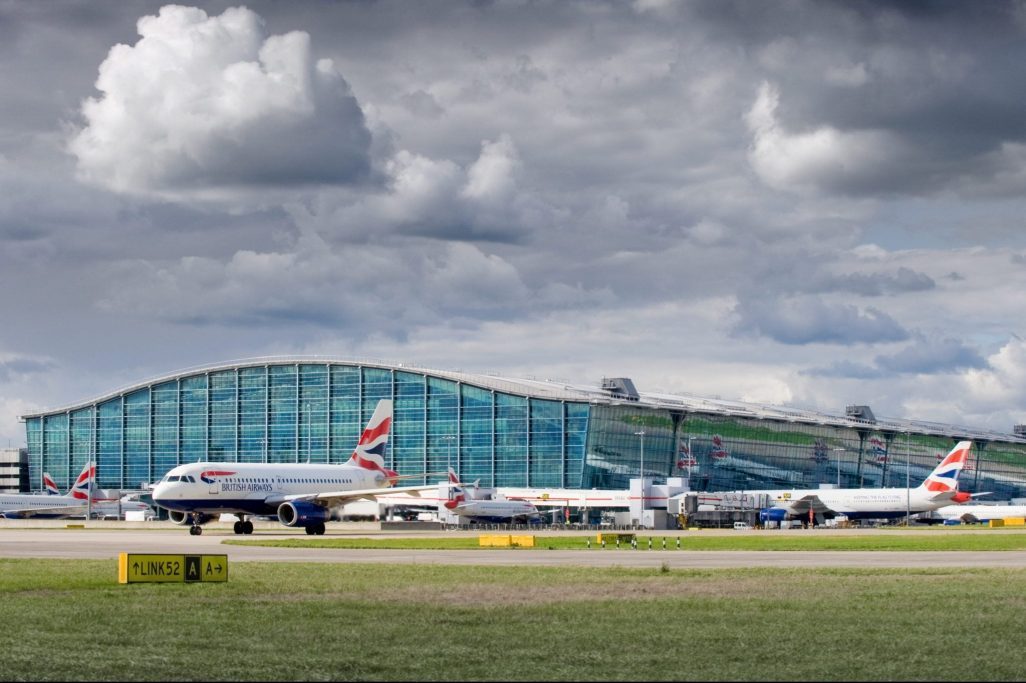European Airline Executives Still Think There Are Too Many Airlines

Skift Take
It seems like there is a renewed appetite among Europe's big airline groups to reduce the number of players in the market. They may find it hard to do while fuel remains cheap, but when it starts to creep up, more deals will likely occur.
Plenty of people have been saying the airline market is too fragmented for a while now, but a series of deals in recent weeks have pushed a renewed desire to shrink the pool.
Alitalia's ongoing bankruptcy looks like it is creating an opportunity for one of the larger carriers to take a substantial slice of the Italian market. And Air France-KLM Group has taken a 31 percent stake in Virgin Atlantic as part of a wider reshuffle of its relationships with partners Delta Air Lines and China Eastern.
Consolidation in Europe hasn't happened nearly as quickly as it has in the U.S., where over the past decade nine large airlines have been reduced to four.
Mergers and acquisitions in Europe have reduced the number, with arguably five big companies – Ryanair, Lufthansa Group, International Airlines Group, Air France-KLM, and Easyjet – at the top. But there are still plenty of mid-sized carriers carrying millions of passengers each year.
The reasons for their continued existence are part circumstantial and part structural. Cheap fuel has meant that even the most inefficient airlines have been able to keep flying. When this era ends, its likely they’ll go bankrupt or be snapped up by one of the big groups. Legacy issues such as leases and labor contracts — something that U.S. chapter 11 bankruptcy helps mitigate — also make some independent carriers unattractive targets for acquisition.
What Airline Executives Are Saying
In recent earnings calls, talk among European airline executives once again turned toward consolidations.
Jean-Marc Janaillac, CEO of Air France-KLM, is certainly bullish about his company's new venture.
“The global agreement with Delta and Virgin Atlantic
